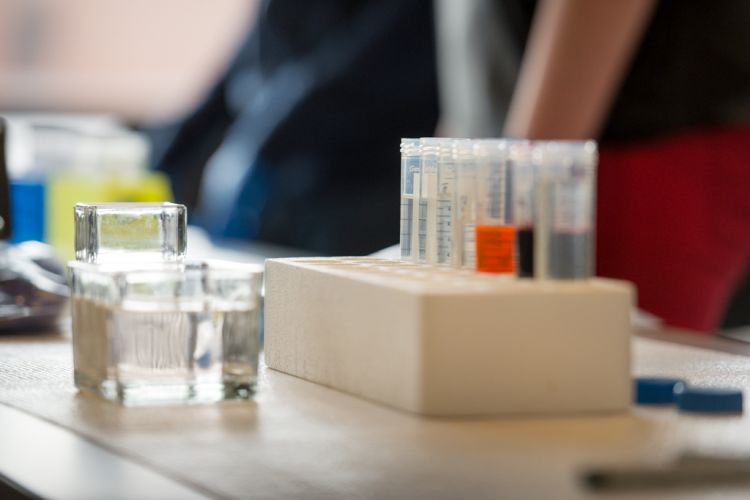Research funding from Veterans Administration awarded to Department of Medicine faculty members




Three Department of Medicine faculty members have been awarded research funding from the Veterans Administration (VA).
Michelle Kimple, PhD (pictured at upper right), assistant professor, Endocrinology, Diabetes and Metabolism, received a VA Biomedical Laboratory Research and Development Merit Award providing $650,000 over four years for a project entitled "G Protein Mediated Mechanisms of Beta Cell Death Dysfunction and Decompensation in Diabetes." This research seeks to define the underlying mechanisms by which the G-protein GαZ contributes to beta cell dysfunction and loss in mouse models of diabetes.
Robert Striker, MD, PhD (pictured at middle right), associate professor, Infectious Disease, received a VA Biomedical Laboratory Research and Development Merit Award providing $625,000 over four years for a project entitled "Novel selective substituted aminofurazans kinase inhibitors for drug-resistant bacteria." This research aims to develop species-specific inhibitors of essential mycobacterial serine-threonine kinases that would be able to synergize with clinically used beta-lactam antibiotics.
Nasia Safdar, MD, PhD (pictured at lower right), associate professor, Infectious Disease, has received a VA Clinical Science Research and Development Pilot Award providing $300,000 over two years for a project entitled "Examining the gut microbiota in Veterans with Gulf War Illness." This pilot work will characterize gut microbiota structure and function in Veterans with Gulf War Illness, a chronic multi-symptom illness characterized by fatigue, pain, irritable bowel syndrome, and problems with cognitive function.
Additionally, Dr. Safdar has been awarded $100,000 over one year from the US Agency for Healthcare Research and Quality (R03 award) for a proposal entitled "The GRAFT study: Gut RecolonizAtion by Fecal Transplantation." The pilot study will involve a randomized, double-blind placebo-controlled trial comparing oral fecal microbiome transplantation with placebo in patients with a history of Clostridium difficile infection who are undergoing antibiotic treatment.